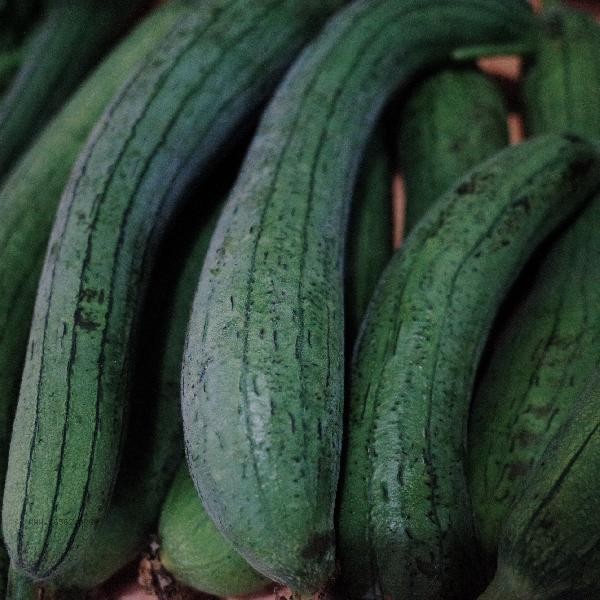Vegetables with good blood lipid lowering effects mainly include broccoli, spinach, onions, celery, and eggplant. These vegetables are rich in dietary fiber, plant sterols, and antioxidants, which help reduce cholesterol and triglyceride levels in the blood.

1. broccoli
broccoli is rich in dietary fiber and glucosinolates, which can help reduce the absorption of cholesterol in the intestine. The sulforaphane it contains has antioxidant and anti-inflammatory effects, which help improve blood lipid metabolism. Broccoli is also rich in vitamin C and vitamin K, which have a positive impact on cardiovascular health. It is recommended to consume 3-4 times a week, steamed or cold mixed to preserve nutrients.
2. Spinach
Spinach is rich in chlorophyll, folate, and potassium elements, which can help reduce low-density lipoprotein cholesterol levels. Spinach contains nitrates that can promote vasodilation and improve blood circulation. Its high content of dietary fiber helps to delay fat absorption and reduce lipid deposition. Fresh spinach can be blanched and cold mixed to avoid prolonged high-temperature cooking that can damage its nutritional content.
3. Onion
Onion contains abundant sulfides and quercetin, which have significant lipid-lowering effects. These active ingredients can inhibit the activity of cholesterol synthase and reduce endogenous cholesterol production. Onion can also promote bile acid secretion and accelerate cholesterol metabolism. Eating raw or lightly heated onions has a better lipid-lowering effect, and it is recommended to consume a small amount every day.

4. Celery
Celery is rich in apigenin and various volatile oil components, which can promote fat breakdown metabolism. Its high potassium and low sodium characteristics help regulate blood pressure and lipid balance. Phthalide compounds in celery can inhibit intestinal absorption of fat. Celery stems and leaves can be consumed, and juicing or cold mixing can maximize the retention of lipid-lowering ingredients.
5. Eggplant
Eggplant skin contains abundant anthocyanins and solanine, which have significant antioxidant and lipid-lowering effects. The saponin components in eggplant can bind with cholesterol, reducing its absorption. Eggplant has strong oil absorption, it is recommended to cook it by steaming or baking with less oil. Eating eggplant 2-3 times a week can help maintain normal blood lipid levels.

In addition to the aforementioned vegetables, maintaining a balanced diet is crucial for controlling blood lipids. Suggest increasing the intake of whole grains, legumes, and deep-sea fish, and reducing the intake of saturated and trans fats. Regular aerobic exercise such as brisk walking, swimming, etc. can increase high-density lipoprotein levels. When cooking, choose healthy oils such as olive oil and avoid high-temperature frying. Regularly monitor blood lipid indicators and, if necessary, cooperate with medication treatment under the guidance of a doctor. Maintaining a good daily routine and moderate exercise habits can help maintain long-term blood lipid health.








Comments (0)
Leave a Comment
No comments yet
Be the first to share your thoughts!